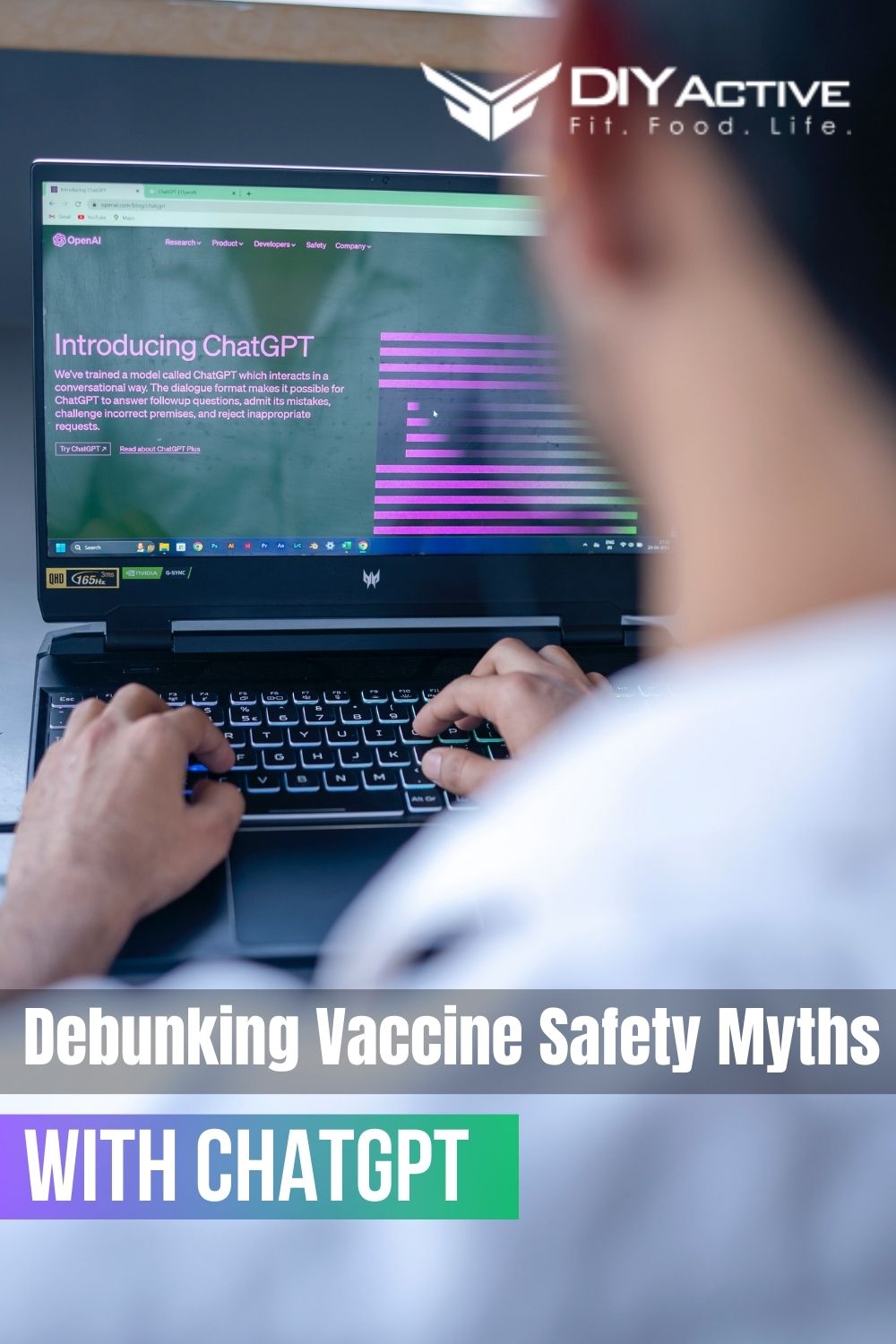What is ChatGPT?
Today, we’re diving into the world of technology and its intersection with health. Ever heard of ChatGPT? If not, you’re in for a treat. This artificial intelligence (AI) chatbot is making waves in the health community, and here’s why.
ChatGPT to the Rescue
In a recent study published in the journal *Human Vaccines and Immunotherapeutics*, researchers put ChatGPT to the test. They fed it the top 50 most frequently-asked COVID-19 vaccine questions, many of which were based on myths and fake stories (like the vaccine causing Long Covid). And guess what? ChatGPT scored a whopping nine out of 10 on average for accuracy! 🎉
Now, while it wasn’t perfect (sometimes leaving out bits of information), the experts from the GenPoB research group at the Instituto de Investigación Sanitaria (IDIS) believe that ChatGPT can be a “reliable source of non-technical information to the public.”
This is especially great news for those of us who might not have a Ph.D. in virology but still want to understand the science behind vaccines.
Why This Matters

Remember when the World Health Organisation (WHO) listed vaccine hesitancy as one of the top 10 threats to global health in 2019? Well, a lot of that hesitancy came from misinformation spread on social media.
And that’s where ChatGPT comes in. By debunking myths and providing accurate information, this AI tool can potentially increase vaccine uptake.
Antonio Salas, the lead author of the study and a Professor at the University of Santiago de Compostela in Spain, mentioned that ChatGPT’s language is easily understandable to the public without compromising on scientific rigor.
However, he also pointed out that while ChatGPT is a reliable source, it can’t replace expert advice or scientific evidence.
The Good, the Bad, and the AI
ChatGPT is user-friendly, making it accessible to many. But like all tools, it has its limitations. For instance, if you ask the same question with just a few seconds delay, you might get different answers.
And while it’s designed to provide accurate information, there’s potential for it to be trained to give answers that aren’t in line with scientific evidence. So, while it’s a fantastic tool, it’s essential to use it wisely and cross-check information when in doubt.
Wrap-Up
The digital age has brought us many wonders, and ChatGPT is undoubtedly one of them. As we navigate the vast sea of information online, tools like ChatGPT can be invaluable in helping us separate fact from fiction, especially when it comes to our health. But remember, while AI can guide us, it’s always a good idea to consult with healthcare professionals when making health-related decisions.
References:
– Antonio Salas, Irene Rivero-Calle, Federico Martinón-Torres. “Chatting with ChatGPT to learn about safety of COVID-19 vaccines – A perspective.” *Human Vaccines & Immunotherapeutics*, 2023; 19 (2). [Link]
– “ChatGPT is debunking myths on social media around vaccine safety, say experts.” ScienceDaily, 4 September 2023. [Source]
Photo by Viralyft
Photo by Matheus Bertelli